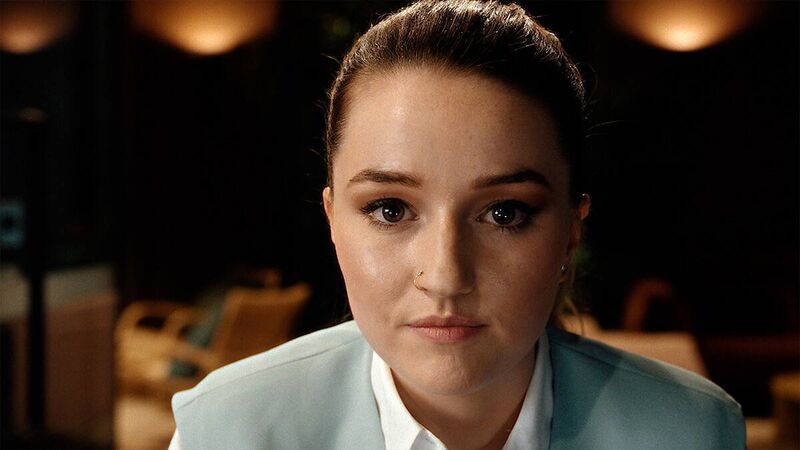Samantha Cookes, catfishing, and Netflix-style scams — can fraud be stopped?

Kaitlyn Dever plays fraudster Belle Gibson in hit series Apple Cider Vinegar. Picture: Netflix
As the last act looms for Samantha Cookes next month, when she will be sentenced for defrauding the Department of Social Protection, another extraordinary fraud tale is providing true crime enthusiasts with a gripping Netflix series to binge on.
is one of the most popular series currently being streamed and is the latest media production based on the lives and schemes of true crime fraudsters.














